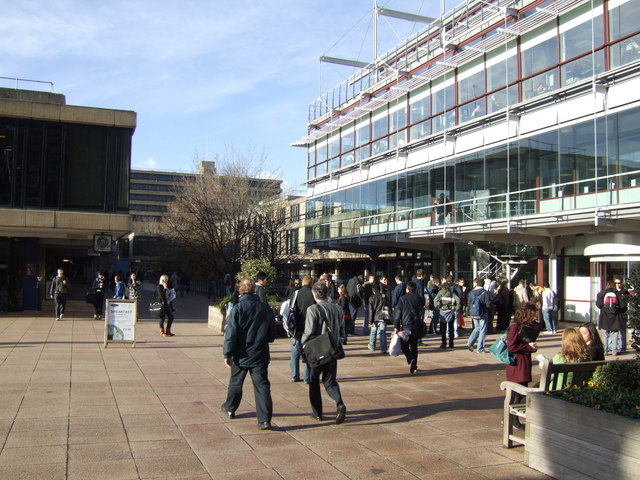The subject area of a university department which is home to a Master’s provides clues to the approach the course will focus on: English language departments emphasize English, in linguistics they look at languages plural, in education it’s more about pedagogy and policy.
Yet even different departments within the same academic disciplines focus on certain areas. Take education, where the University of Bristol is famous for its work in the Centre for Comparative and International Research, which examines issues of social justice around the world, a theme reflected on it’s MscTESOL in its option on globalisation and the politics of English. At Queen’s University, Belfast, the module on research which focuses on children, young people and education is taken alongside local students studying on the Master’s in education.
Case study: University of Bath
Perhaps the most focused of all the Masters – again in an education department – is at the University of Bath, which is renowned for its work in international education. It runs a unit called the Centre for the Study of Education in International Context, a Master’s in International Education aimed at teachers in international schools, a postgraduate certificate in international education for people who aspire to teach there and headed by Trevor Grimshaw, an MA TESOL.
Trevor is a former teacher, teacher trainer and translator whose recent research projects have included a critique of the stereotype of the East Asian learner and an exploration of the “marketising and branding” of English and is a stickler for what he calls the “context appropriate” approach. “It’s not enough to just introduce these students to the key features of the latest practice. We need to show them how to make it work in a particular context, to make it fit the customs and traditions of the culture they come from or, in the case of native-speaker teachers, the contexts they hope to work in. What we’re aiming for is localised pedagogies.”
Bath takes the same approach to the way it comes at language awareness. “We have built a team of specialists in world Englishes,” David says. And the question students are asked to consider is which English is right for their context? When it comes to policy, they look at how they can adapt national curricula and assessment tools.







